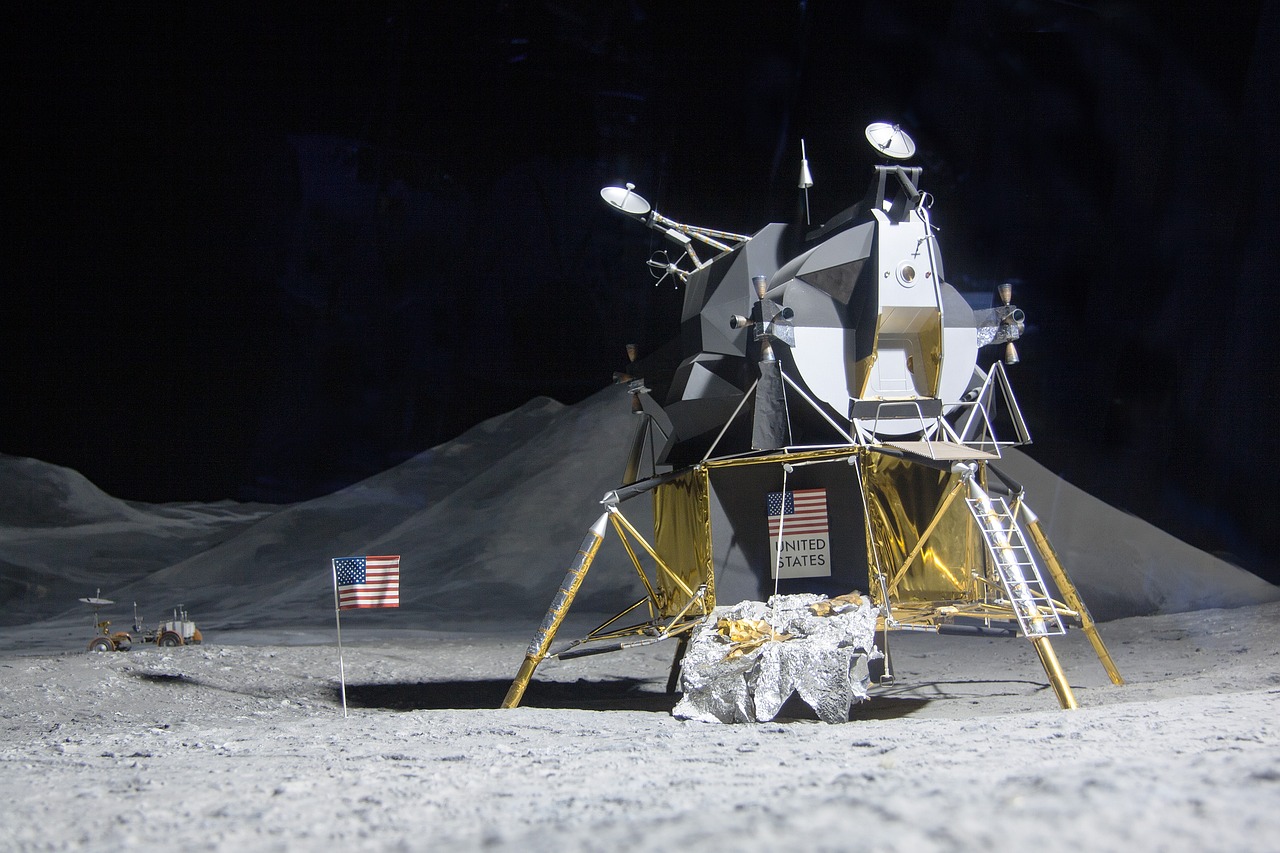The first moon landing occurred in 1969 when NASA’s Apollo 11 mission successfully touched down on the lunar surface. This historic event marked a significant milestone in human exploration and space travel. However, it wasn’t the only time humans set foot on the moon.
The last manned mission to the moon took place in 1972, known as Apollo 17. Eugene Cernan, the mission commander, became the last person to walk on the lunar surface. The spacecraft landed on December 14, 1972, and the mission lasted for 12 days. Apollo 17 holds several records, including the longest lunar landing, the longest spacewalk, and the largest amount of lunar samples returned to Earth.
Eugene Cernan was a seasoned astronaut who had also participated in the Gemini IX and Apollo 10 missions before Apollo 17. Tragically, he passed away on January 16, 2017, leaving behind a legacy of exploration and discovery in space.
Why did we stop going to the Moon?
The journey to the Moon began with President John F. Kennedy’s historic speech in 1962, where he boldly declared America’s commitment to reaching the lunar surface. This speech, famously known as the ‘We Choose to go to the Moon’ address, ignited a fervent race to achieve this ambitious goal.

In 1969, the monumental moment arrived when Apollo 11 successfully landed on the Moon, fulfilling Kennedy’s vision and marking a historic milestone in human history. However, after achieving this remarkable feat, the question arose: why did we stop going to the Moon?
One significant factor was the substantial budget cuts NASA faced following the success of the Apollo missions. The funding allocated for future lunar expeditions was significantly reduced, posing challenges to sustaining the momentum of the Apollo program. Originally, NASA had planned a total of 20 Apollo missions, each aimed at advancing technological capabilities and conducting scientific research on the Moon.
However, as priorities shifted and financial constraints mounted, the emphasis shifted away from further lunar exploration. The remaining Apollo missions were deemed less critical than the monumental achievement of landing on the Moon. Consequently, the final three planned missions were ultimately canceled, signaling the end of an era in space exploration.
While the Apollo program left an indelible mark on human achievement and paved the way for future space endeavors, the decision to halt lunar missions reflected a shifting focus and priorities within the space agency and the broader context of societal and political dynamics at the time.
Avid Writer with invaluable knowledge of Humanity!
Upcoming historian with over 30 million views online.
“You make your own life.”





